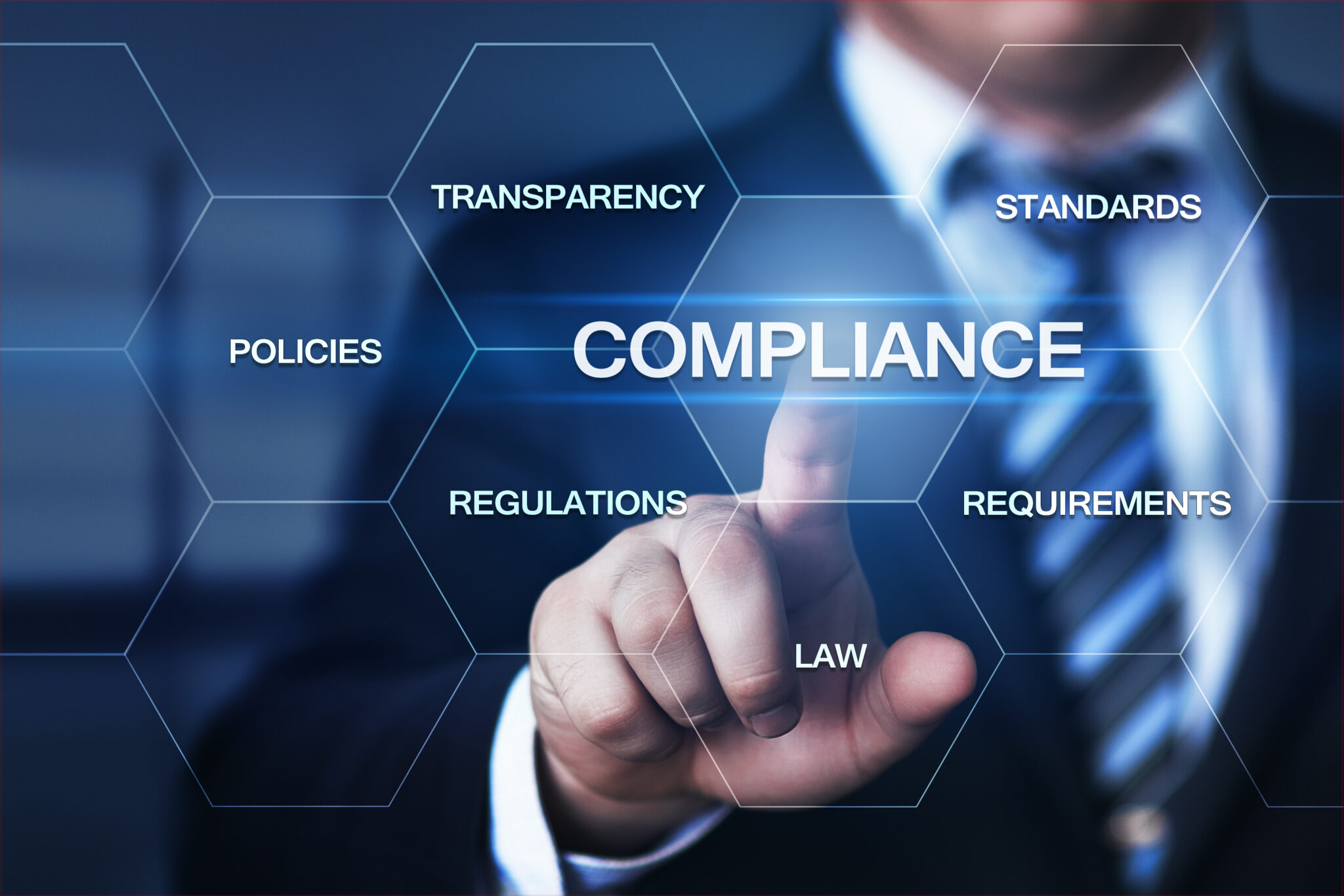As of the 1st of March 2020, the Dutch government has implemented a new set of rules relating to workers posted in the Netherlands by their European employers.
If you are a company employing workers who are then seconded or sent on assignments to the Netherlands after 1st of March 2020, you are obliged to report this to the Dutch authorities via an online portal.
This requirement has previously been outlined in the legislation The Terms of Employment Posted Workers in the European Union Act (WagwEU).
We have blogged about this legislation all the way back in 2016 and have included the original article for your reference below.
In 2020, the Dutch authorities are finally ready to enforce and follow up on this legislation, including levying fines for non-compliance.
In this blog update we want to outline the process of reporting your workers to the Dutch authorities.
The reporting can be done via an online portal and must be done before the start of the work activities.
Depending on your company situation (registered in the Dutch Chamber of Commerce or only abroad), you would need to choose an appropriate method of logging into the portal.
Companies registered in the Netherlands can obtain an electronic recognition log-in (EHerkenning) which is also used for other government entities including the immigration department.
Companies registered only abroad can create a simple log-in account.
All of this can be done via the website of the Ministry of Social Affairs and Employment, which also provides some basic background information under: https://english.postedworkers.nl/online-notification-portal
You would need to provide detailed information about the worker, end client, project location and specifics.
The information you provide in the portal is automatically forwarded to the social security authorities and the Dutch tax office.
The fines for failing to report any workers will range between Eur1500 to Eur4500.
The reporting duty also applies to all self-employed individuals coming to the Netherlands to work through their own companies.
If you are uncertain about what needs to be done or require assistance on this matter, we will gladly talk you through the process and offer any help we can, just give us a call! We are open and reachable even in these strange times!
Original blog text 22 August 2016
The Law of employment of posted workers in the European Union (WagwEU) entered into force on June 18, 2016.
Mazars consultancy reports.
The WagwEU, the replacement for the WAGA, aims to protect workers who temporarily work in another European country. The WagwEU covers almost all situations where an employer from other EU countries seconds personnel to the Netherlands. It not only refers to provision of personnel (employment agencies) but also to cross-border services (contracted work).
Dutch employment conditions apply
Posted workers in the EU under the WagwEU are entitled to certain minimum conditions of employment. The so-called “hard core” of these working conditions stems from the following Dutch labor laws:
- Minimum Wage and holiday pay;
- Working Hours;
- Working Conditions;
- Law Placement of Personnel by Intermediaries (WAADI);
- Equal Treatment Act.
The WagwEU stipulations include which income components belong to the minimum wage and that allowances for residence abroad (so-called extraterritorial costs) may not be unlimitedly offset against the salary.
If an employer gets to work in a sector where a generally binding collective agreement applies, the hard core of these collective terms also applies.
Monitoring compliance / Obligations Employers
If the Dutch labor laws are not respected, the Inspectorate of Social Affairs and Employment (SZW) can impose a fine. Also, social partners can impose a claim if the hard core of the collective labour terms is not complied with.
With the WagwEU, different measures are introduced for better enforcement of the law. Inspectorates from different EU Member States can exchange information and may collect fines across borders.
For the implementation and enforcement of the WagwEU, foreign companies seconding temporary workers to the Netherlands have the following obligations:
- Information Requirement: Provide information (at the request of the Inspectorate SZW).
- Documentation Requirement: Keeping of relevant documents of employees, such as identity cards and salary slips, in the workplace in the Netherlands (paper or digital).
- Contact: Designate a contact person in the Netherlands to act as the contact point for the Inspectorate SZW.
- Reporting requirements: a preliminary report on where, when and with which employees work is carried out in the Netherlands. The recipient of work in the Netherlands to check whether the (correct) report has been made.
Failure to comply with the first three requirements can be fined since June 18, 2016. The notification has been postponed until such time that a digital reporting system is available. It is expected that this system will be ready in 2018.
WagwEU also applies to self-employed
To combat bogus self-employment, the WagwEU also applies to foreign self-employed workers. Their activity is classified as cross-border services. Self-employed persons must also comply with the information obligation and have a (restricted) obligation to have certain documents in the workplace. There will be a limited notification requirement for self-employed workers once the digital reporting system is available.
[Source: Mazars]
August 22 2016
internal_server_error

